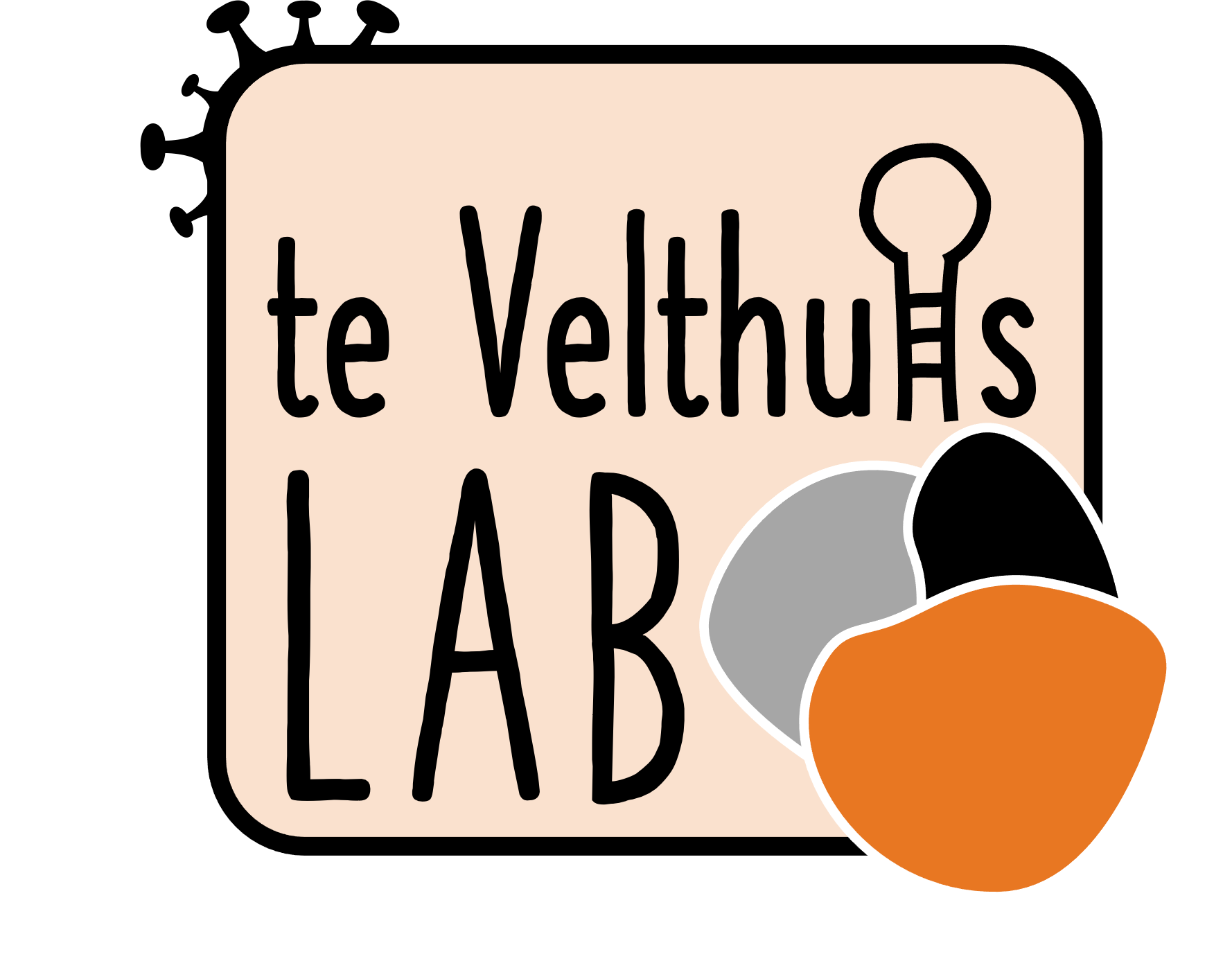Zn(2+) inhibits coronavirus and arterivirus RNA polymerase activity in vitro and zinc ionophores block the replication of these viruses in cell culture
Publication Year
2010
Type
Journal Article
Abstract
Increasing the intracellular Zn(2+) concentration with zinc-ionophores like pyrithione (PT) can efficiently impair the replication of a variety of RNA viruses, including poliovirus and influenza virus. For some viruses this effect has been attributed to interference with viral polyprotein processing. In this study we demonstrate that the combination of Zn(2+) and PT at low concentrations (2 µM Zn(2+) and 2 µM PT) inhibits the replication of SARS-coronavirus (SARS-CoV) and equine arteritis virus (EAV) in cell culture. The RNA synthesis of these two distantly related nidoviruses is catalyzed by an RNA-dependent RNA polymerase (RdRp), which is the core enzyme of their multiprotein replication and transcription complex (RTC). Using an activity assay for RTCs isolated from cells infected with SARS-CoV or EAV--thus eliminating the need for PT to transport Zn(2+) across the plasma membrane--we show that Zn(2+) efficiently inhibits the RNA-synthesizing activity of the RTCs of both viruses. Enzymatic studies using recombinant RdRps (SARS-CoV nsp12 and EAV nsp9) purified from E. coli subsequently revealed that Zn(2+) directly inhibited the in vitro activity of both nidovirus polymerases. More specifically, Zn(2+) was found to block the initiation step of EAV RNA synthesis, whereas in the case of the SARS-CoV RdRp elongation was inhibited and template binding reduced. By chelating Zn(2+) with MgEDTA, the inhibitory effect of the divalent cation could be reversed, which provides a novel experimental tool for in vitro studies of the molecular details of nidovirus replication and transcription.
Keywords
Animals,
Escherichia coli,
RNA, Viral,
RNA, Messenger,
Blotting, Western,
Electrophoretic Mobility Shift Assay,
Reverse Transcriptase Polymerase Chain Reaction,
In Vitro Techniques,
Vero Cells,
Virus Replication,
SARS Virus,
Zinc Compounds,
Chlorocebus aethiops,
RNA-Dependent RNA Polymerase,
Arterivirus,
Arterivirus Infections,
Ionophores,
Severe Acute Respiratory Syndrome
Journal
PLoS Pathog
Volume
6
Issue
11
Pages
e1001176
Date Published
11/2010
ISSN Number
1553-7374
Alternate Journal
PLoS Pathog
PMID
21079686

